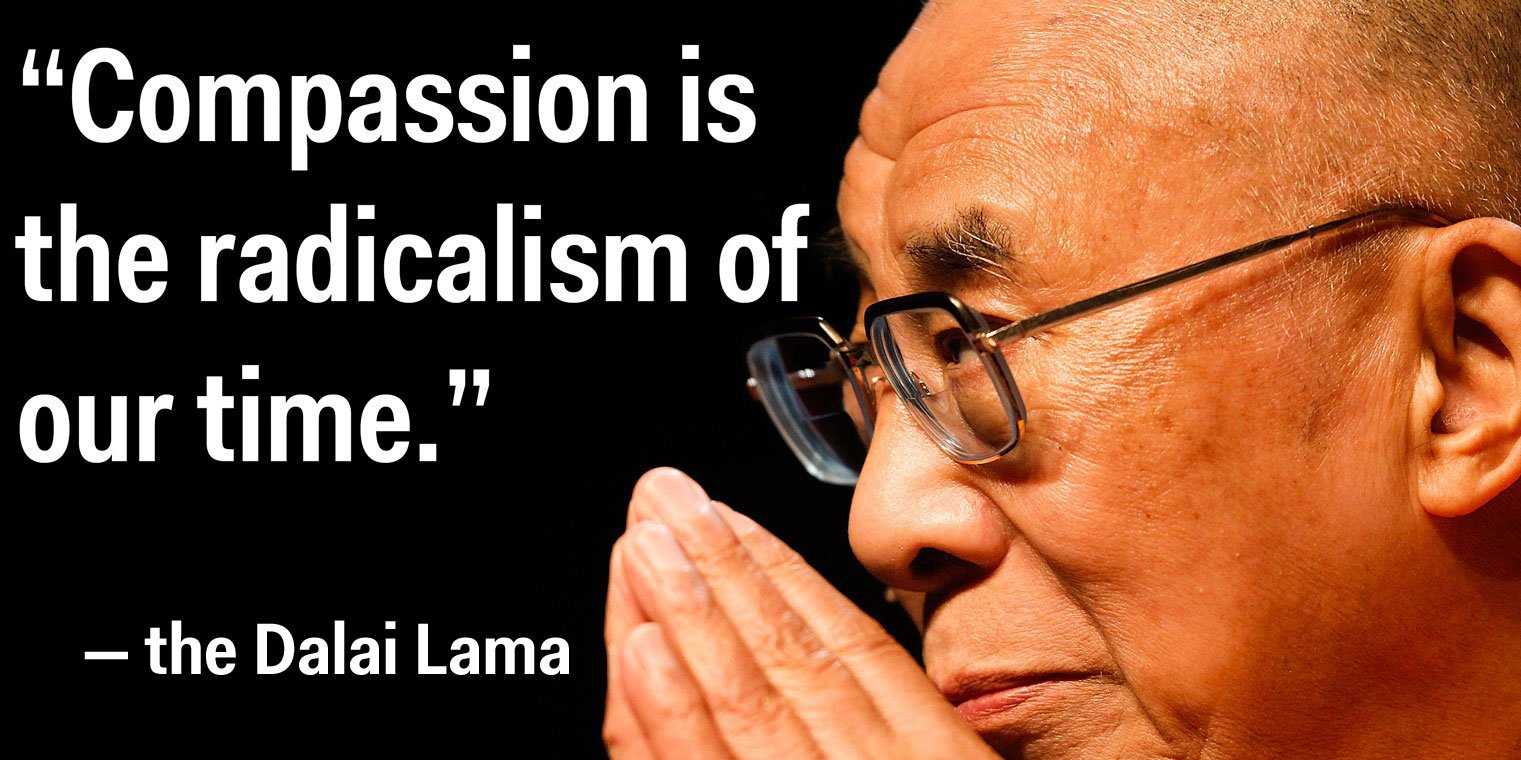"Let's not be afraid to receive each day's surprise, whether it comes to us as sorrow or as joy. It will open a new place in our hearts, a place where we can welcome new friends and celebrate more fully our shared humanity."
Henri Nouwen
Henri Nouwen



 RSS Feed
RSS Feed